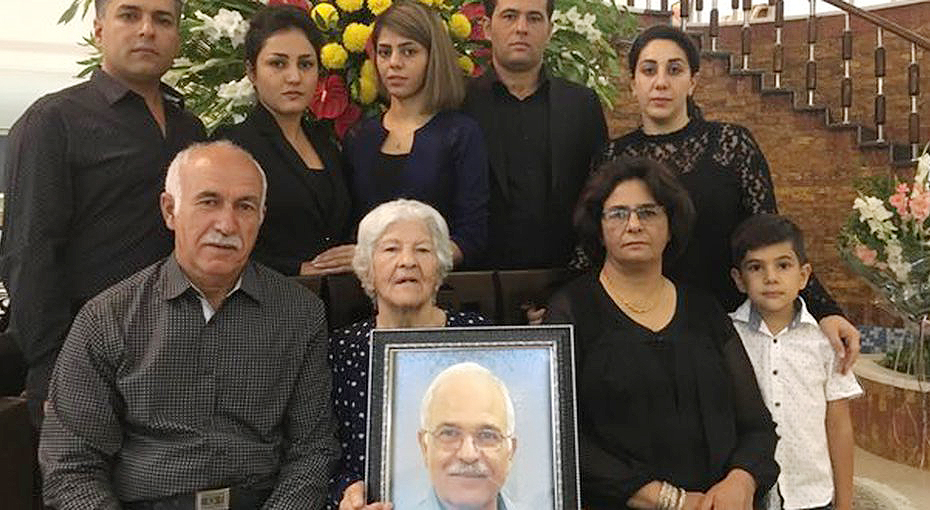Source: iranwire.com
By ARASH AZIZI

The confession came pure and simple from one of two brothers who, in September 2016, stabbed a man to death in the Iranian city of Yazd.
Murderers don’t usually confess to their crimes. But in a system where authorities already encourage the persecution of members of the Baha’i religious minority in areas like employment and education, such confessions occasionally lead to exoneration.
“I had heard that Bahai’s are Muslims who have turned from Islam, and they are apostates, and that the shedding of their blood is a meritorious deed,” said the man who, with help of his brother, stabbed 63-year-old Farhang Amiri to death.
“Our aim was to kill a Baha’i, it did not matter who it was,” the other brother said.
According to the Baha’i International Community (BIC), the two brothers have now been released on bail.
Amiri belonged to a family that has long lived in the central Iranian city of Yazd. The desert city is a favorite for tourists and is known for being home to many non-Muslim minorities, ranging from the official recognized Jews and Zoroastrians — who enjoy limited political representation within Iran’s Islamic system of government — to the non-recognized and persecuted Baha’is.
The brothers had approached Amiri by pretending to be interested in a vehicle he was selling.
They came back a day later, asking for him. When he appeared at the door, they stabbed him multiple times.
In court, the brothers cooly admitted to having killed Amiri because he was a Baha’i and said their crime had been based on the exhortations of local clerics.
Iranian officials often vilify Baha’is by implicating them in conspiracy theories similar to those that have long centered on Jews and Freemasons.
BIC says that Amiri’s family was pressured to drop the charges. When they refused, they were told that the murderers won’t face a harsh sentence.
Now that the brothers have been released on bail, it seems unlikely that they will ever face justice.
Diane Ala’i, BIC’s representative to the United Nations in Geneva, said the news of the release was appalling. “How could a fair justice system possibly allow two murderers who have admitted to killing an innocent individual because of his beliefs, and expressed a willingness to do it again, be released and allowed to live freely in society?”
While Baha’is have long faced persecution in Iran, recent years have seen an increase in anti-Baha’i propaganda, including anti-Baha’i films and newspaper articles.
Based on BIC research, over 20,000 pieces of anti-Baha’i propaganda have been documented between 2013 and 2016.
Iran’s Supreme Leader, Ayatollah Ali Khamenei, has published a fatwa encouraging the ostracism of Baha’is and their banishment from public life.
Anti-Baha’i sermons remain a favorite for clerics across the country.
Leave a Reply